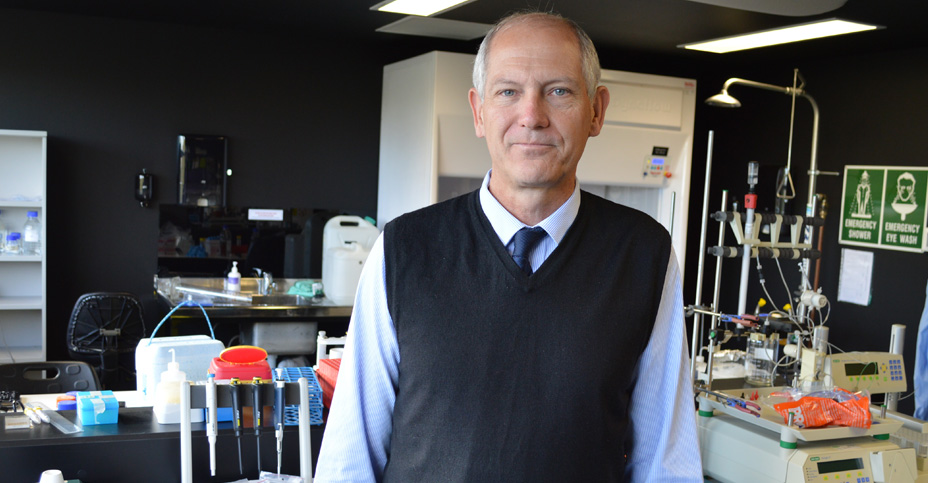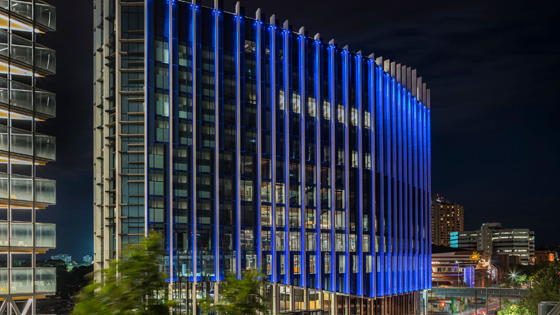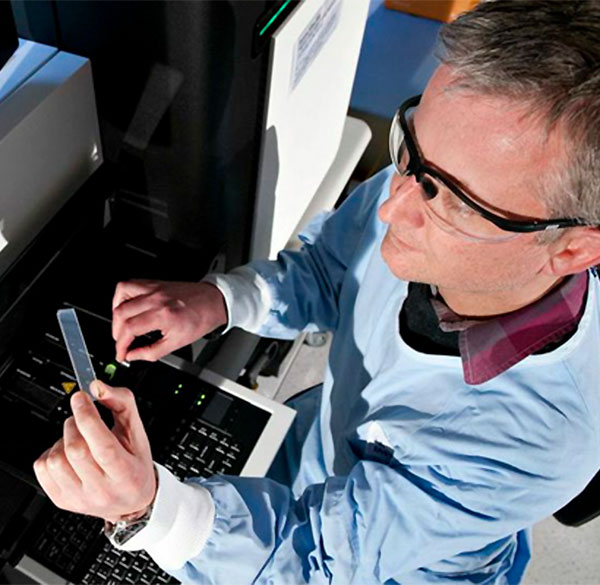
A research team has made a word-first discovery that will soon revolutionise prostate cancer tests to improve early detection and identify aggressive forms of the disease.
This landmark discovery has revealed, for the first-time, an entire biological pathway responsible for prostate cancer development. It has led to the identification of 20 new prostate cancer biomarkers.
Critically, this knowledge will enable the research team to distinguish healthy prostate cells from prostate cancer cells to improve current tests.
“Currently, cancer doctors must rely on flawed PSA tests to diagnose prostate cancer and predict how the cancer will grow,” says Professor Doug Brooks, University of South Australia (UniSA).
The PSA test does not accurately detect prostate cancer and up to 50% of men have false-positive test results. Consequently, many men are sent to hospital for the second stage of tests – invasive prostate biopsies – when they do not actually have the cancer.
“The current tests also fail to identify as much as 15% of aggressive prostate cancers. These men are usually not diagnosed until after their cancer has grown into a far deadlier stage of the disease.
“PSA tests also fail to distinguish between aggressive and nonaggressive tumours, which does not help when trying to make decisions on if and how to treat a patient.
“With our new biomarkers we have developed a series of effective new tests that will transform how prostate cancer is detected and how the patient’s chance of survival and treatment plans are measured.
“We are now analysing our new tests against patient samples from some of the best prostate biobanks in the world.”
This new technology will one day soon improve treatment outcomes for prostate cancer patients.
“We expect this disruptive technology will transform prostate cancer detection and pathology assessment,” says Professor Brooks.
UniSA is committed to tackling cancer – one of the most challenging diseases affecting Australians today. As part of this commitment, the UniSA Cancer Research Institute was opened on May 10 – bringing together the largest cohort of cancer researchers ever assembled in South Australia to work collaboratively to fight cancer.
To join UniSA’s fight against cancer and support researchers including Prof Brooks, visit unisa.edu.au/jointhefight.

When you give today, 100% of your donation will go directly to the researchers - with no admin fees or hidden costs.
The University of South Australia (UniSA) is committed to tackling one of our most challenging diseases – cancer – by establishing the largest cohort of cancer researchers ever assembled in South Australia. Every day our experts are getting one-step closer to saving more lives as well as improving the quality of life for cancer survivors. But they need your help.
